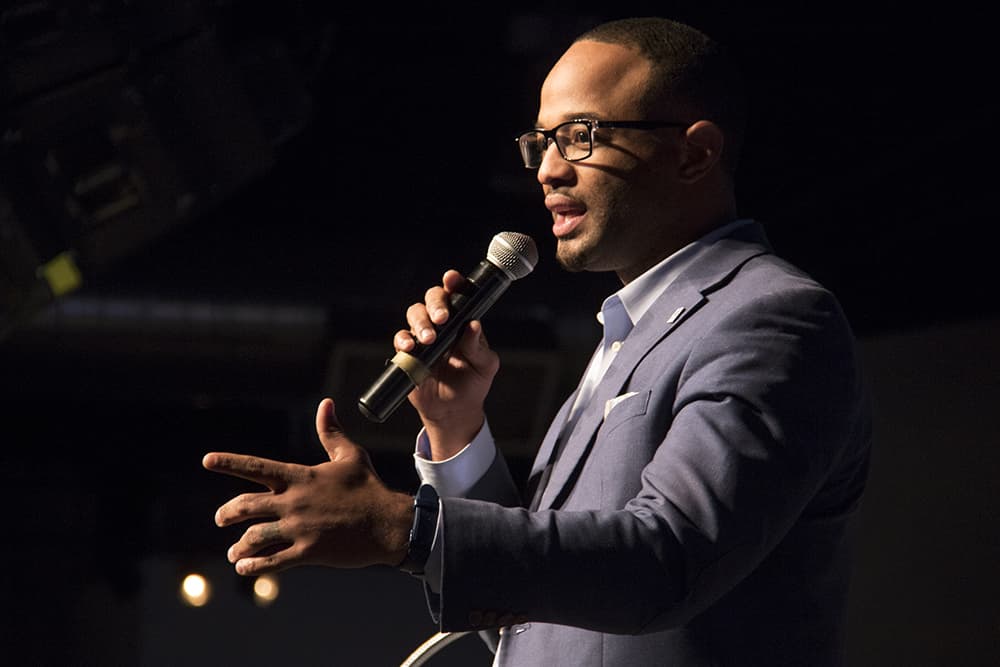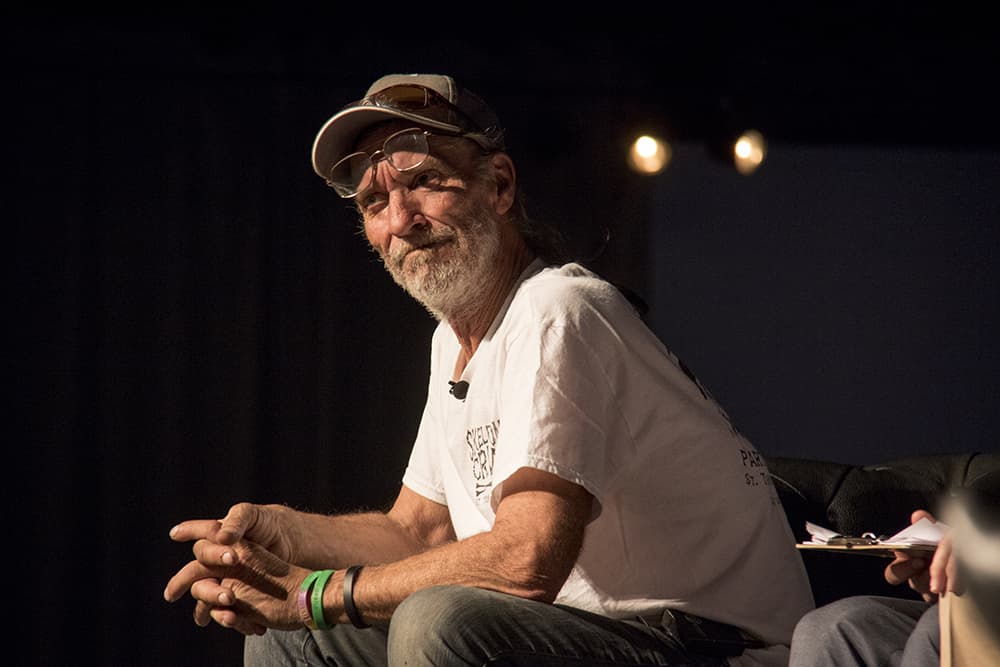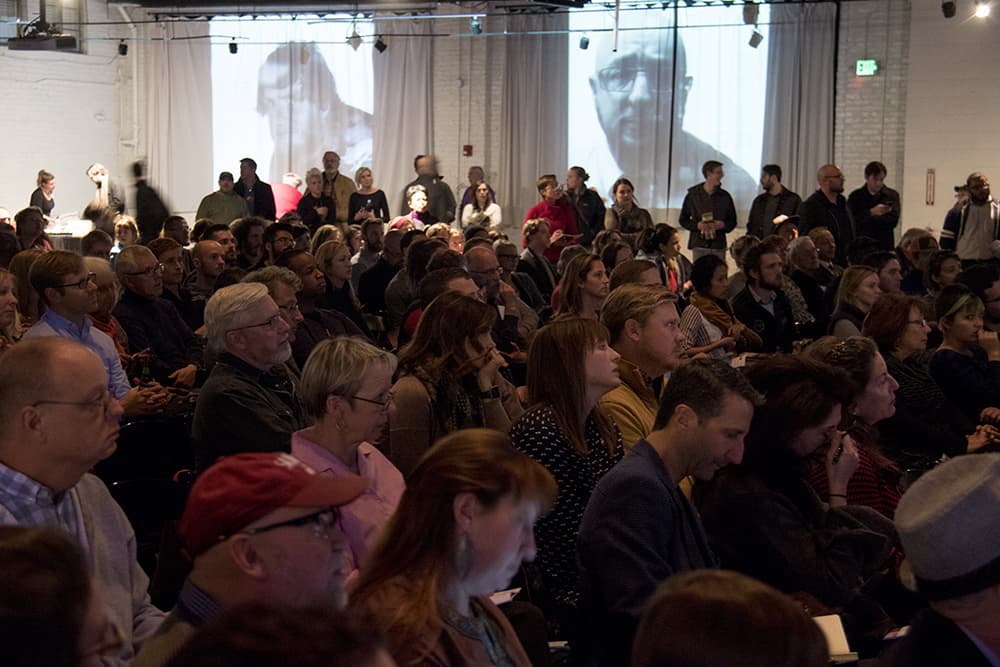
Denver City Council President Albus Brooks made it clear from the get-go that he was the odd man out at a panel discussion on the impacts of criminalizing homelessness in Thursday night.
"I know that I am the elephant in the room because I'm a part of the camping ordinance," Brooks said to a crowd of a couple hundred regarding his support of the city's urban camping ban that prevents homeless people from sleeping outside with shelter.
But, Brooks later added, "repealing the camping ordinance doesn't help us put homeless individuals in a better situation." Boos and grumblings from the audience quickly followed.
The forum — which brought together faith leaders, business owners and advocates — came just weeks after homeless activists called for the city to suspend enforcement of the camping ban following another homeless sweep and instead provide a designated area where people could legally sleep outside.
Denver’s “aggressive” enforcement of the camping ban is what landed the city on the National Law Center on Homelessness and Poverty’s “hall of shame” in a recent report, executive director Maria Foscarinis said at the panel. Only four of nearly 200 cities that the center has been studying for the last decade made the list.
While Mayor Michael Hancock eventually made the call on Saturday for police to temporarily stop taking forms of shelter away from homeless people because of the cold weather, the call for alternative housing solutions reverberated Thursday night.

“The city has to commit to authorized encampments,” said Ray Lyall, of Denver Homeless Out Loud, suggesting allowing self-governed tent villages or for churches to host tiny homes on their properties.
And tiny homes may become a viable option for some sooner rather than later.
The Interfaith Alliance of Colorado met Monday night with the mayor’s office and city’s zoning administration, which executive director Amanda Henderson said agreed to work through certain plumbing, water and electricity requirements — hopefully within the next two months.

“That was a huge breakthrough,” she said.
Repealing the camping ban and creating alternative housing solutions were the most sought-after calls to action throughout the three-hour event that allowed dozens of attendees to have their voices heard — most of whom chose to direct their questions or comments toward Brooks.
But the debate also touched on creating affordable housing and better integrated communities, improving the city’s shelter system and incentivizing business owners to hire homeless or formerly homeless individuals.
“If we look through the lens of equity, then the urban camping ban would have never been passed in the first place,” said Community Re-entry Project director Lisa Calderon. “There are always unintended consequences and this city is not prepared to deal with those unintended consequences.”










